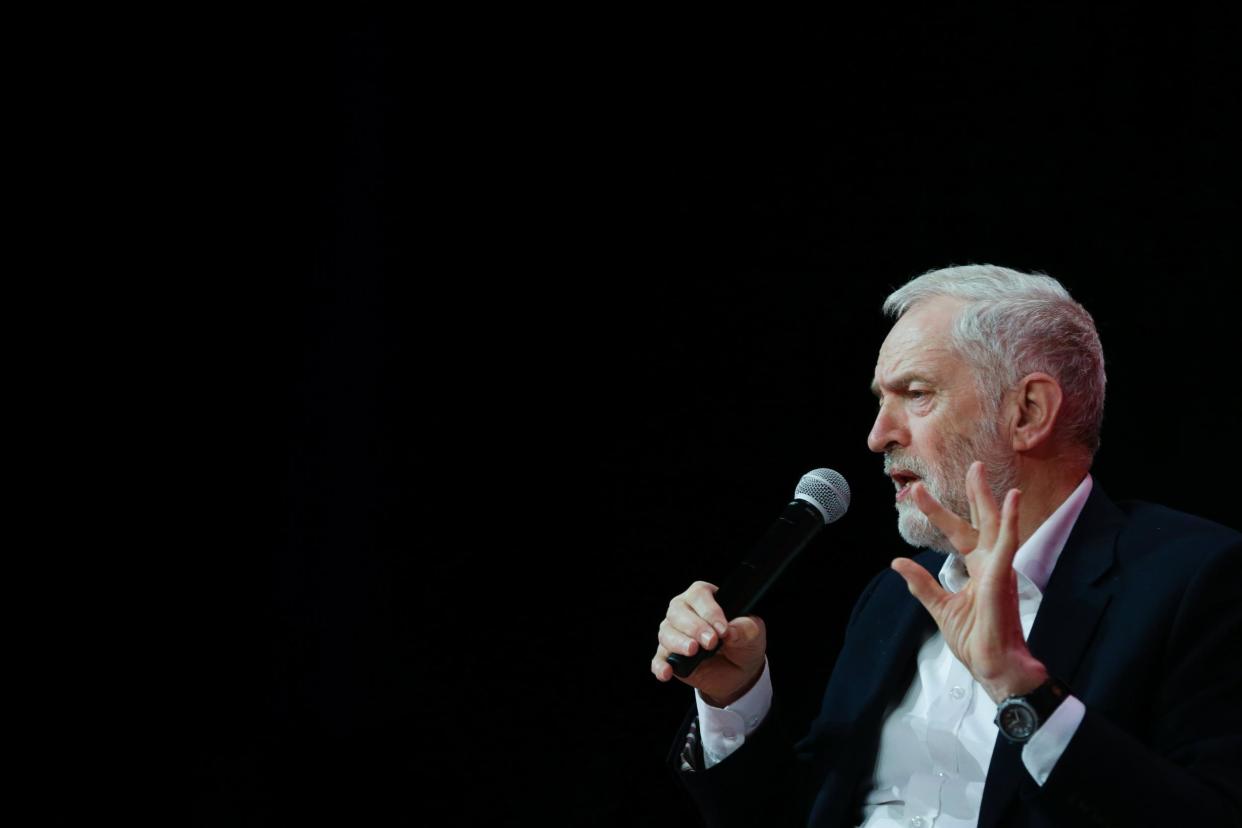Brexit: Jeremy Corbyn says UK is at critical 'crossroads' and outlines Labour's vision for departing EU

Jeremy Corbyn will say that Britain is “at a crossroads” over Brexit and must not “turn in on itself" during a speech at the United Nations headquarters in Geneva today.
The Labour leader will criticise those who see Brexit as an opportunity “to put rocket boosters under our current economic system’s insecurities and inequalities”, and will say that Labour “stands for a completely different future when we leave the EU, drawing on the best internationalist traditions of the labour movement and our country".
Mr Corbyn will outline what he sees as the four great threats to humanity: “The growing concentration of unaccountable wealth and power in the hands of a tiny corporate elite”, climate change, the refugee crisis and a “bomb first, think later” approach to conflict.
These problems can only be solved, he will say, through “solidarity and community".
The Labour leader will say: “The dominant global economic system is broken. It is producing a world where a wealthy few control 90 per cent of global resources; of growing insecurity and grotesque levels of inequality within and between nations; where more than $100bn a year are estimated to be lost to developing countries from corporate tax avoidance; where $1 trillion a year are sucked out of the Global South through illicit financial flows.
“This is a global scandal. The most powerful international corporations must not be allowed to continue to dictate how and for who our world is run.
“Thirty years after structural adjustment programmes first ravaged so much of the world, and a decade after the financial crash of 2008, the neoliberal orthodoxy that delivered them is in crisis.
"This moment - a crisis of confidence in a bankrupt economic system and social order - presents us with a once in a generation opportunity to build a new economic and social consensus which puts the majority in the driving seat.”

